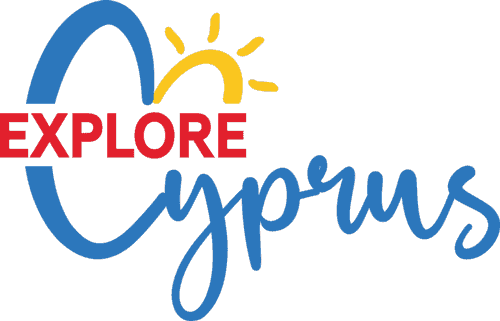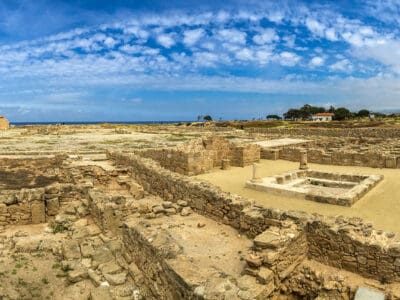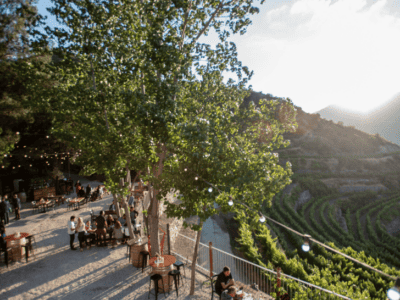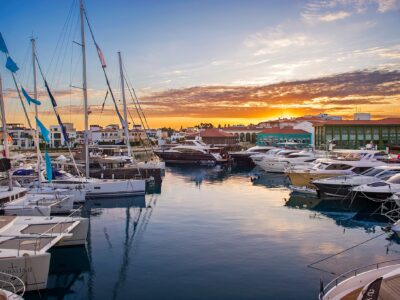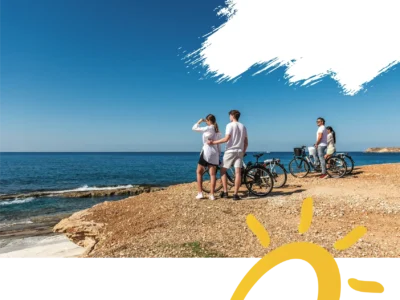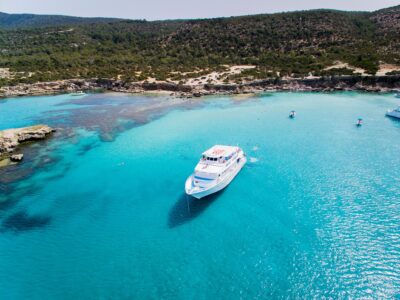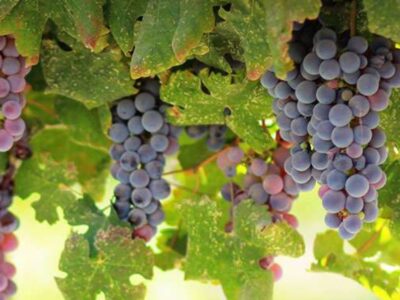- Points of interest
- 16 Jan 2024
Paphos Mosaics: A Journey Through Time and Myth Nestled on the sun-kissed shores of Cyprus, the Paphos Mosaics stand as a testament to the enduring legacy of ancient artistry. Unearthed in the 1960s, these exquisite masterpieces adorn the floors of opulent Roman villas, offering a captivating glimpse into the lives and beliefs of a bygone […]
- Culture
- 18 Jul 2023
The Troodos Mountains in Cyprus offer a beautiful natural setting and a variety of activities for visitors to enjoy. Here are some popular places to visit and things to do in the Troodos Mountains: 1. Mount Olympus: Hike to the highest peak in Cyprus, Mount Olympus, and enjoy breathtaking views of the surrounding landscapes. 2. […]
- Culture
- 18 Jul 2023
Cyprus a popular holiday destination
There are several reasons why Cyprus is a popular holiday destination. Here are some compelling reasons to visit Cyprus: 1. Beautiful Beaches: Cyprus is home to stunning sandy beaches with crystal-clear waters, perfect for sunbathing, swimming, and water sports. 2. Rich History and Culture: Cyprus has a captivating history that dates back thousands of years, […]
- Company Insight
- 18 Jul 2023
Booking excursions and tours through the online platform Explore Cyprus can provide several advantages. Here are some reasons why someone might choose to book their excursions and tours from Explore Cyprus: 1. Wide Range of Options: Explore Cyprus offers a wide selection of excursions and tours, catering to various interests and preferences. Whether you’re looking […]
- Nature
- 18 Jul 2023
Akamas Blue Lagoon is a popular attraction located in the Akamas Peninsula, near Paphos, Cyprus. It is known for its crystal-clear, turquoise waters and breathtaking scenery. The lagoon is formed by a natural inlet, surrounded by limestone cliffs and beautiful vegetation. Visitors can access the Blue Lagoon by boat or by hiking along the coastline. […]
- Food & Wine
- 11 Apr 2022
Mystes is the next generation of Cypriot wines. A newly established boutique family winery committed to producing wines of the highest caliber and distinction, each expressing the unique terroir of the property, located in Archimandrita village about 33 kilometers east of Paphos at an altitude of 550 meters, in the heart of the wine-producing area. […]
- Food & Wine
- 04 Apr 2022
The island’s longstanding tradition of winemaking needs no further proof than its claim to the world’s oldest named wine still in production – that of Commandaria, proclaimed by Richard the Lionheart as the “wine of the kings and the king of the wines.” And whilst the same ancient grape varieties are still cultivated; and the […]
